|
|
||
|
Pro Tools
FILMFESTIVALS | 24/7 world wide coverageWelcome ! Enjoy the best of both worlds: Film & Festival News, exploring the best of the film festivals community. Launched in 1995, relentlessly connecting films to festivals, documenting and promoting festivals worldwide. We are sorry for this ongoing disruption. We are working on it. Please Do Not Publish until this message disappears. For collaboration, editorial contributions, or publicity, please send us an email here. User login |
Vanessa McMahonVanessa is a novel writer, screenwriter, rep and a film producer. She shares her discoveries and film surprises. :-)
 Interview with Meg Thomson, VP of Worldwide Content for Globalgate EntertainmentMeg Thomson is VP of Worldwide Content for Globalgate Entertainment, a division of distribution company Lionsgate. With offices in the US and London, Globalgate specializes in the co-financing (through its Globalgate Fund), production and international distribution for local-language films within their home territories. I recently interviewed Meg about her experience, position and the company.
Before your current position with Globalgate Entertainment, you were a film producer. How did you begin your producing career? MEG: I started my career in movies by assisting a studio producer who had a bunch a movies shooting in NYC and Texas — including PRIVATE PARTS and THE EVENING STAR. One movie I worked on with him was BIG NIGHT, which was directed by Stanley Tucci and Campbell Scott — it was the first truly ‘independent’ film that I worked on, and I loved that all of the actors (Minnie Driver, Ian Holm, Isabella Rossellini, Tony Shaloub) worked on the film for scale simply because they loved the script and the people behind it. It made me want to work only on independent movies — where people were in it for the art rather than the money. That really changed my perspective on the business. After that movie, I decided to find independent projects to make, and started producing myself. My first movie as a producer was MYTH AMERICA, which was directed by Galt Niederhoffer, and starred Galaxy Craze and Rashida Jones. We were all kids. It was a lot of fun — but a lot of work, and we learned a lot of hard lessons on our feet!
What are some of the films you worked on that you are most proud of? MEG: I’m proud of every movie that I’ve been involved in for one reason or another. DOT THE I, I suppose is my favorite — I’m proud of the cast we found, as it had Gael Garcia Bernal in one of his first English-speaking roles, and great British actors like Tom Hardy, James D’Arcy, and Charlie Cox. Tom of course is the biggest star! But we all had such fun working on it, and I love and respect all the people involved. Other movies I’m proud of are the documentary WILD ART: OLLY & SUZI, as it’s about art, wildlife, and world travel — three things very dear to my heart. SIREN was made on a micro-budget — you wouldn’t believe how little it cost! I’m proud of that one as it shows the beauty of the place I grew up in — it was all shot within a mile or two of where I grew up! There too, I loved that everyone rolled up their sleeves and were willing to work for the spirit of the movie, rather than the money.
You later went into remake licensing with Eccho Remakes. Is there a big market for remakes? MEG: Yes, there’s definitely a big market for remakes. A great story can be retold again and again and again! We see it in television all the time, and increasingly audiences are keen to watch movies that feature their own local stars, in their own cities, telling jokes pertinent to their own culture. What’s great about a remake is that it can take a story which has done well in one territory, which has been loved by audiences at home, and then have that same story retold with new actors and more appropriate cultural references. The story lives on! It’s rare that (say) a German might watch a Korean film or a Mexican might watch a Russian film — but if they were told the same story in their own language, it would be a great hit! It’s also a way to jump-start the development process. It can be a lot faster for a producer to get a film into production if they already have a ‘first draft’ of the movie done, even if it is in another language!
You now work for a company called Globalgate Entertainment. Can you tell us about that? MEG: Globalgate Entertainment is a consortium of partner companies around the globe, aligned with Lionsgate, who all get a first look at one another’s IP, including remakes, books, unpublished screenplays, etc. The partners include top-notch local distributors in a variety of territories — Belga (Belgium), Cine Colombia/Dynamo (Colombia) Gaumont (France), Kadokawa (Japan), Lotte (South Korea), Nordisk (Scandinavia), Paris Filmes (Brazil), Televisa/Videocine (Mexico), TME (Turkey) and Tobis (Germany). With each of these companies, we’re setting up properties in the territories so that we (Globalgate) can co-invest in the properties and ultimately co-finance the movies. It’s an exciting business which capitalizes on the current trend toward local content.
Do you think the film industry is in a rough place since the digital boom? Or is the business just adjusting to the times and will find its place? MEG: It’s a difficult time but an exciting time. The bar to entry has lowered in the digital age — it’s cheaper to shoot a film, anyone can make a movie with their iPhone. At the same time, it’s cheaper to distribute a film in the digital age, we can share a movie much more easily, and market much more cheaply, mush more socially. As all the windows are collapsing, the lines are being blurred between what constitutes a movie, and a film — increasingly television shows are being consumed in a way that movies once were, and the talent isn’t afraid to transition from film to television and back again. I think that the business is adjusting to the times and will find its place. One of the treat things about working in foreign-language films is that you see that international governments still see the value and the power of film, so are willing to subsidize it so that it doesn’t go away.
Many people believe the industry is still very much a man's world. What do you have to say, as a power woman in the biz? MEG: It still is, a bit — but we can change that! I think we need to make sure that we advocate, support, and hire women as much as possible, and invest in stories centered on women and which have strong female protagonists and that have something to say about women in general, not just in the business — but in the world! We have a responsibility to create films which have strong women characters, as so often that’s where girls look to find their role models! It’s very important that we encourage the next generation.
You held a 'Women in Film' even at the 70th annual Cannes Film Festival. Can you speak about that? MEG: Would love to! The event was part of Hub Culture's Ordinary Club of Extraordinary Women, which I co-founded last year with Hub Culture’s Executive Editor Edie Lush. I’ve been working as the Executive Producer of Hub Culture for years, and with that team I’ve been all over the world, often to climate conferences (in Copenhagen, Paris, Sacramento), media/technology conferences (in Los Angeles, London, Cannes) and most importantly to the World Economic Forum in Davos, and to some of its regional forums, i.e. Cancun. In all of these places, we’ve filmed though-leaders, innovators, CEOS and NGOs — and built a website of content around it. Edie and I were discussing how many extraordinary women we met at these events — and what a shame it was that we met them individually, but never really had a forum to get them all together, to share their stories. So we launched the first Ordinary Club of Extraordinary women at the Walbrook Club London, and it was a hit — truly remarkable women were there, and some great new alliances were formed. We followed that up with a lunch in NYC hosted at Forbes during the climate week/UN General Assembly, then a tea in Davos co-hosted with Johnson & Johnson encouraging girls to get into STEM. The Cannes event was amazing — and it was about women working in film to generate social impact. It happened on the boat of Julie-Anne Uggla, who showed scenes from a movie she recently produced about refugees, THE FLOOD — and a number of the women on the boat I know through the board of FilmAid, and others were just incredibly incredible women who are working in movies. The conversations and connections made on the boat that day were extraordinary!
Do you think women help each other in business or do you find that many times they are more competitive with each other than helpful? MEG: Well, I think there used to be more competition among women but that is now changing — now I find my female colleagues to be the most supportive and reliable!
Why are Cannes and other international film markets essential for industry professionals to attend each year? MEG: Cannes is essential, especially when you’re in the international film business — as everyone is there. It still has a little bit of the glamour of the business of old — and there are events and contacts and the glitter of movies around every corner. You never know who you’re going to meet, and how they are going to become part of your business. It gives everyone focus to know that there’s a market to aim for, to prep their materials, focus their attention. Of course we could do it all over the phone or via email, but what fun would that be? I think it’s entirely possible to have a successful Hollywood career and never attend Cannes, but as a European in the business, it’s essential. This Cannes was great to have the three Globalgate founders (Clifford Werber, Paul Presburger, and William Pfeiffer) all in the same place — as they’re usually scattered all over the world working on international movies. We had the opportunity to catch up with our partners, get some deals done — and generally get an overview of the state of the business. I’ll be back next year!!
Interview by Vanessa McMahon
17.12.2017 | Vanessa McMahon's blog Cat. : Interview with Meg Thomson VP of Worldwide Content for Globalgate Entertainment Interviews
|
LinksThe Bulletin Board > The Bulletin Board Blog Following News Interview with EFM (Berlin) Director
Interview with IFTA Chairman (AFM)
Interview with Cannes Marche du Film Director
Filmfestivals.com dailies live coverage from > Live from India
Useful links for the indies: > Big files transfer
+ SUBSCRIBE to the weekly Newsletter DealsUser imagesAbout Vanessa McMahonThe EditorUser contributions |




















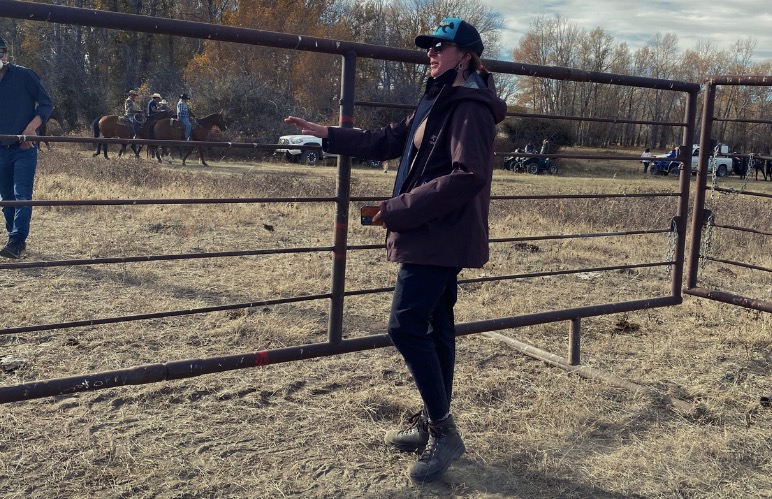
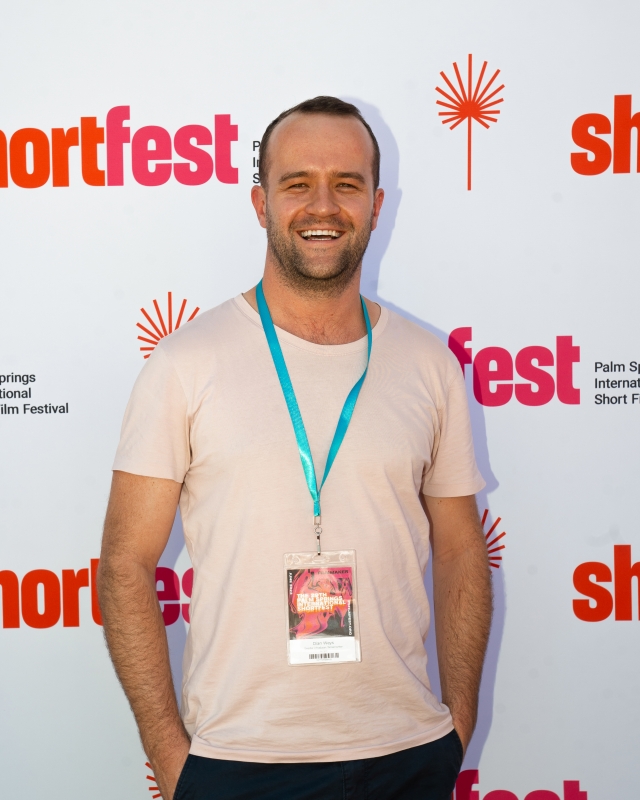
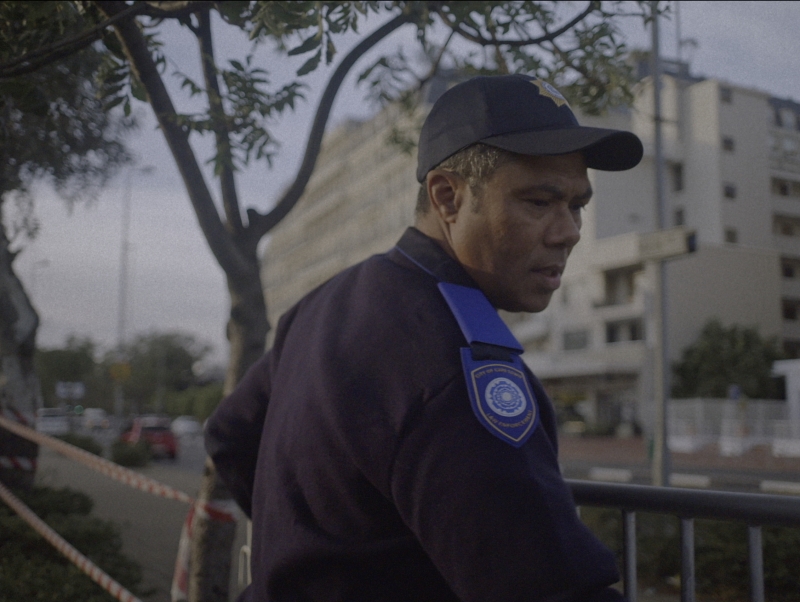
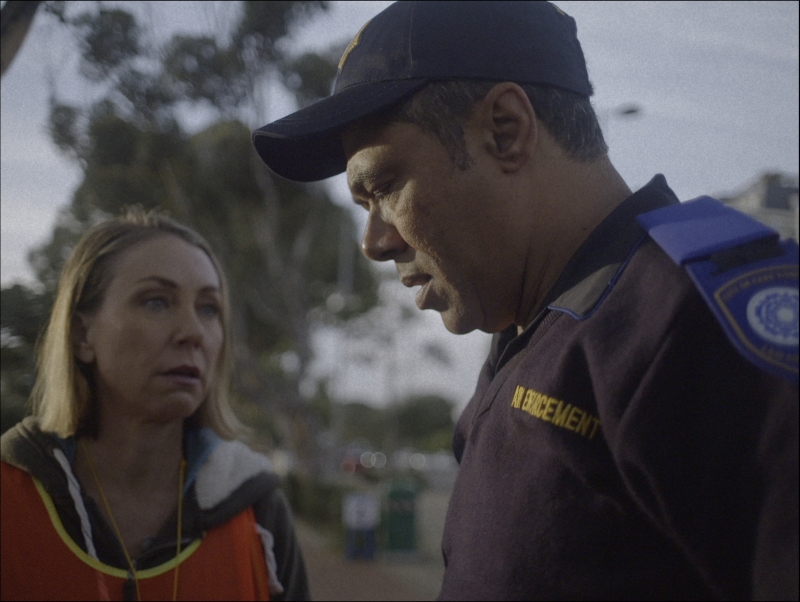
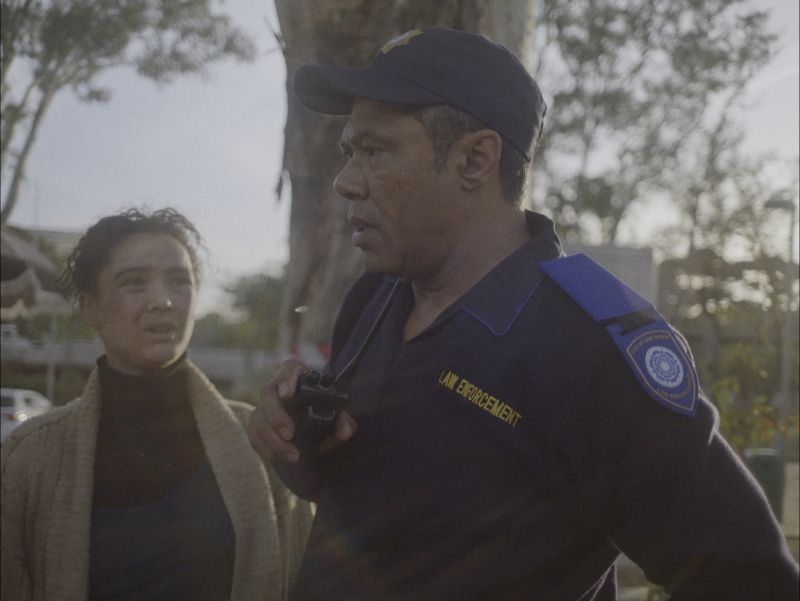
.jpg)



